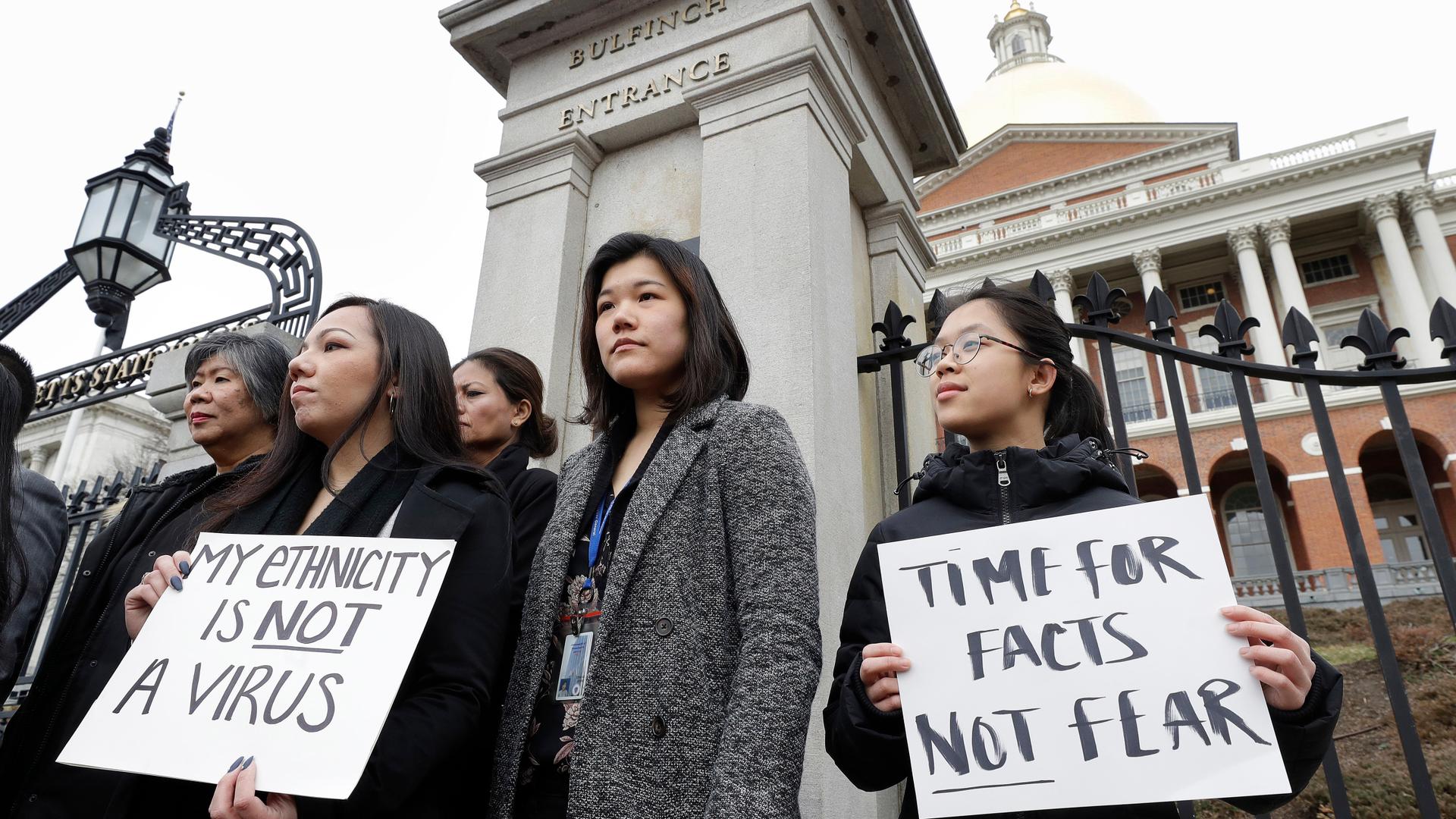Racist attacks and hate speech have spiked proving that right-wing extremists are exploiting the global crisis.
On March 24, Timothy Wilson, a 36-year-old native of Missouri, USA, picked up what he thought was a working bomb from a storage unit with the intent to detonate it at a hospital that was treating Covid-19 patients.
Mercilessly, for those at the target site, the bomb was an inert device constructed by the FBI as part of a sting operation. The man was killed in a shootout when agents moved in to apprehend him.
According to a statement from the FBI’s Kansas City Division, the deceased terrorist was a right-wing extremist who was “motivated by racial, religious and anti-government animus.” He chose the hospital as his intended target because of the “increased impact given the media attention on the health sector” due to the Covid-19 pandemic, after initially plotting to bomb either a mosque, synagogue or black church.
The speed and ferocity of the coronavirus crisis have not only made our current times incomprehensible but also our immediate futures unimaginable.
What our respective worlds look like after the dust has settled and the threat from this viral scourge has long passed is anybody’s guess, but it’s reasonable to assume the upward trajectory of violent right-wing extremism will continue to soar.
For the past half-decade, the United States, United Kingdom, Western Europe, Australia and Canada have been locked in battle against the threat of white nationalist or right-wing domestic terrorism.
The shooting deaths of nine mostly Turkish immigrants at a pair of cafes in Hanau, Germany in February by a racist, right-wing extremist serves as a reminder of this persistent threat.
The arrival of the Covid-19 pandemic has given these groups and individuals a custom-fitted meme to demonise further their favourite targets – including Jews, Muslims, immigrants, multiculturalism, liberals, and international institutions – with coronavirus related conspiracy theories.
Anti-Hate, a group that tracks far-right groups in Canada, has measured an almost off the charts wave of hatred posted by individuals on online far-right message boards. Comments such as “I hope this dirty virus decimates China’s population” or “the Chinese are fu***ng sub-humans, they deserve the plague” provide a glimpse of the hatred these racist conspiracies have spawned.
“There are loads of memes basically targeting Chinese communities, others contending that this is all a Jewish invention, and so on. In some ways, the coronavirus is just another thing these groups use to do their fairly run-of-the-mill conspiratorial theorising. It’s probably too early to know if these kinds of online chatter will lead to large-scale offline violence. We’ve seen several cases of Asians targeted in hate crimes already,” Amarnath Amarasingam, a professor at Queens University, Canada, and expert in violent extremism, told me.
Last week, the FBI warned, “hate crime incidents against Asian Americans will likely surge across the United States due to the spread of the coronavirus disease…based on the assumption that a portion of the US public will associate Covid-19 with China and Asian American populations.”
This warning came after three Asian American family members, including a 2-year-old and 6-year-old were stabbed because the suspect “thought the family was Chinese, and infecting people with the coronavirus,” according to an excerpt from an FBI analysis dated March 13.
“The longer the COVID-19 crisis continues, the more potential there is for violence for sure,” says Amarasingam, which is a sentiment also expressed by Levi West, director of terrorism studies at Charles Sturt University in Canberra, who warns terrorism is rooted in relative deprivation.
“Food is the only commodity that doesn’t have a substitute,” West told The Sydney Morning Herald. “If there’s no petrol, you walk. If there’s no light, you use a candle. But food has no tolerance for its absence, and imposes on you a desperate need.”
West also observes how most of the jobs already lost to the Covid-19 crisis are those in the hospitality sector, including restaurants, cafes and bars, which are typically industries serviced by those who live paycheck to paycheck. If you combine that with someone who harbours white supremacist fantasies, it’s a recipe for disaster.
“If these people don’t get money into their bank accounts soon, and I mean within a week or two, their willingness to play along with civil society starts to shrink,” says West.
“Imagine the guy who just lost his job: He can’t get work, and finds himself in a queue with people he perceives as ‘migrants’. It doesn’t take much for him to think that ‘the system is structured against people like me. This is gold for them [right-wing extremist groups].”
Online racist conspiracies can provide meaning and order to those who perceive their lives to have been thrown into chaos and disorder because of circumstances beyond their control.
Social distancing and self-isolation might risk leading many down the path of online radicalisation, with millions of people suddenly out of work and locked at home with 24/7 access to the Internet.
“The idea that that can lead to particularly deranged interpretations of events and generate an extreme response, even violent action –– I think that threat gets magnified given the social isolation that we as a country are understandably adopting,” Joshua Geltzer, a terrorism expert at Georgetown Law, told Politico. “I feel like the past month and this virus have taken a dangerous information environment and really ratcheted up how lethal, how directly lethal it can be.”
If Western democracies were wading in a right-wing terrorism crisis before Covid-19 struck, then there is a good chance they’ll be dealing with one of greater magnitude after the virus has vanished.
Author: CJ Werleman
CJ Werleman is a journalist, author, and analyst on conflict and terrorism.
Source










Discussion about this post